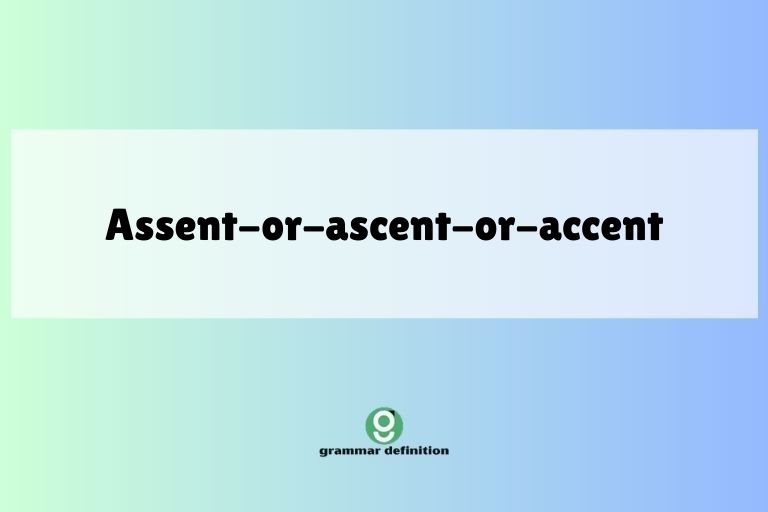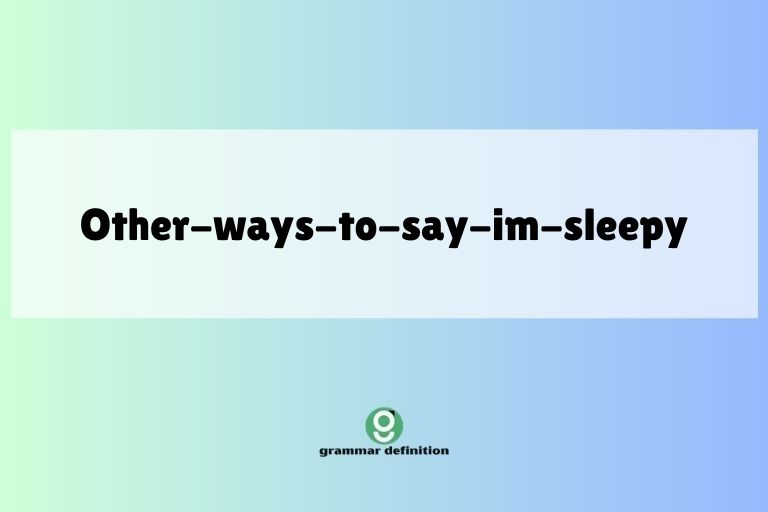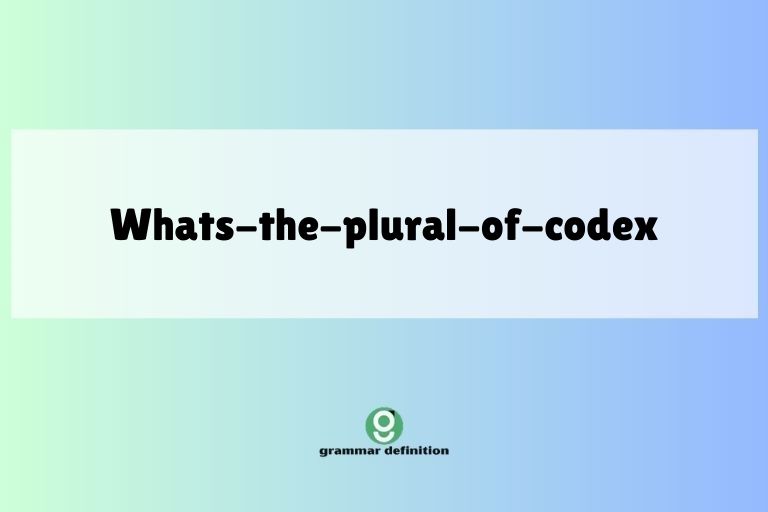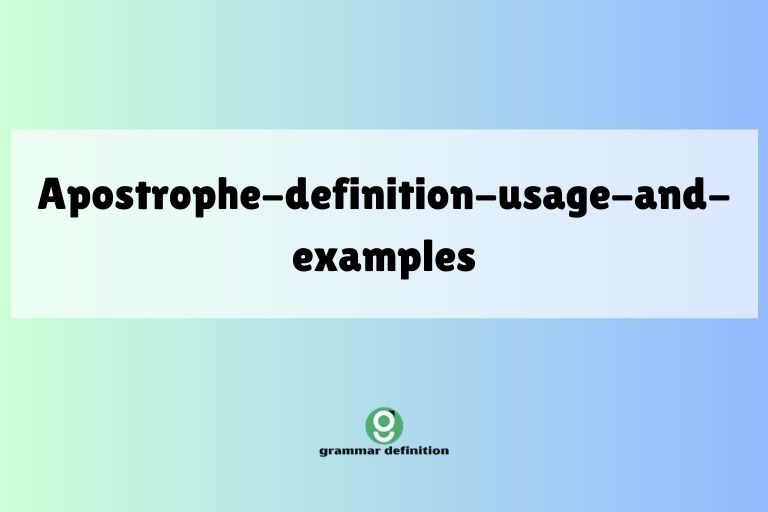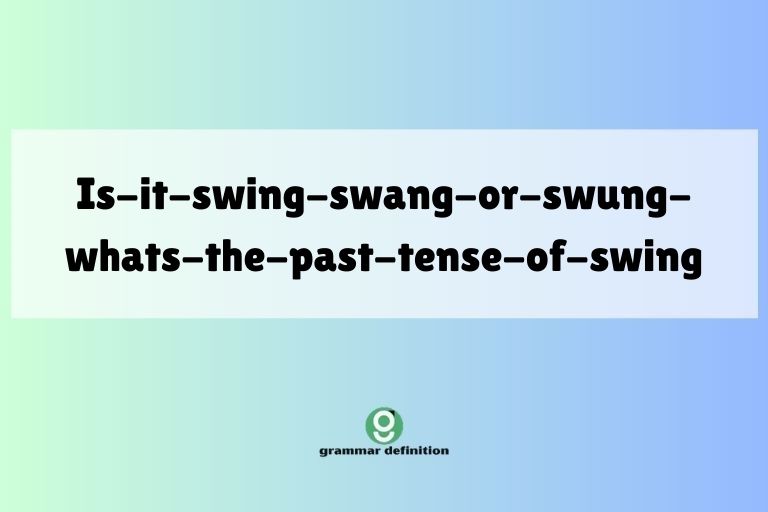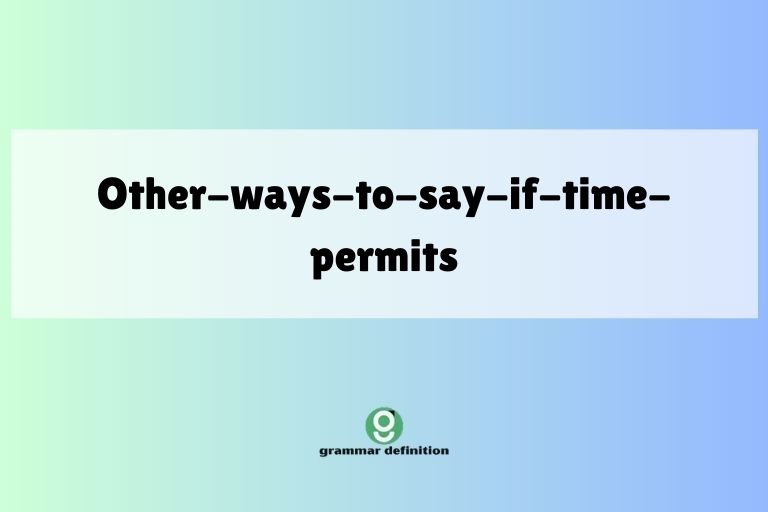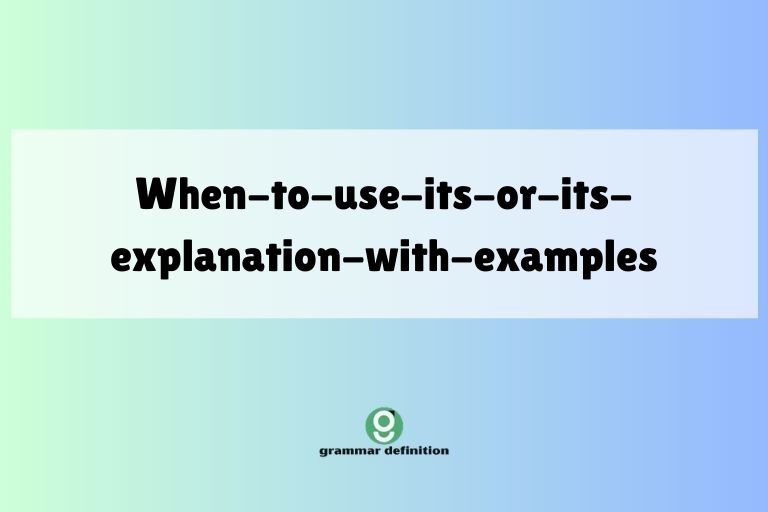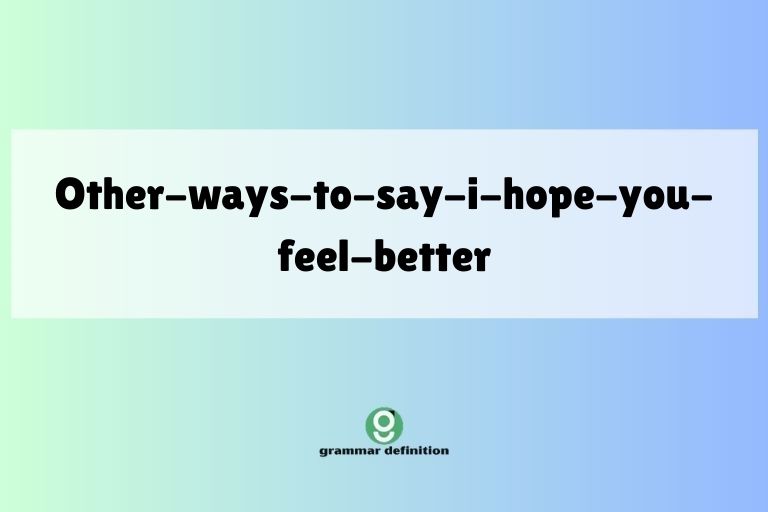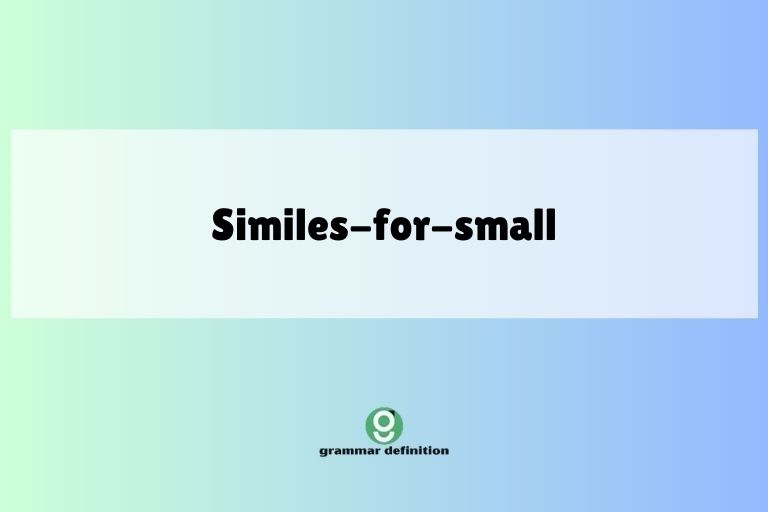Assent, Ascent, Accent: Mastering Confusing Words
Navigating the English language can be challenging, especially when dealing with words that sound alike but have different meanings and spellings. Among the trickiest of these are “assent,” “ascent,” and “accent.” Understanding the nuances of each word is crucial for clear communication, whether you’re writing an academic paper, composing a business email, or simply engaging … Read more

